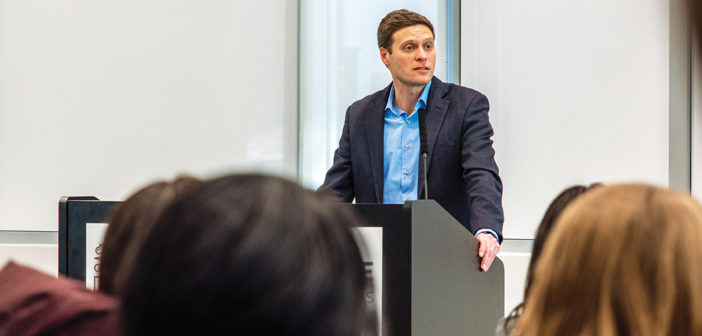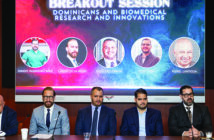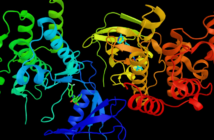The studies of human rights and humanitarianism come together in a new academic center.
Human rights violations and humanitarian emergencies tend to go hand in hand. Sometimes the violations prompt the crisis, like an ethnic cleansing campaign; other times bad actors target the vulnerable after a disaster, as when a corrupt government diverts aid from earthquake survivors. Understanding and addressing such multifactorial emergencies requires experts in medicine, public health, law, international relations, political science, and more. Yet they rarely work together.
Now they can at Brown. Last fall, the Center for Human Rights and Humanitarian Studies (CHRHS) opened at the Watson Institute for International and Public Affairs. Its director is Adam Levine, MD, MPH, an associate professor of emergency medicine who has responded to humanitarian crises around the globe.
“Humanitarianism and human rights are, by their very nature, interdisciplinary fields,” says Levine, who’s also the director of the Division of Global Emergency Medicine at The Warren Alpert Medical School. By bringing experts in the two areas together, CHRHS aims to develop a “rights-based approach to humanitarian assistance,” which views aid not as charity, but as “fulfilling a basic human right and legal obligations under international law,” he says.
“If it’s charity, then the goal is to provide what we think is best,” Levine adds. “But if it’s based on rights … now we need to take into account the needs and priorities of the affected communities.” By asking people what they need, he says, “we learn all sorts of new things that we wouldn’t have known otherwise.”
CHRHS replaces the Humanitarian Innovation Initiative (HI²), which Levine launched at Watson in 2016 to devise evidence-based approaches to disaster relief (see Brown Medicine, Winter 2017). The center broadens that mission to ensure basic human rights in emergency and non-emergency contexts—including the rights to food, clean water, shelter, security, and health. The new center has a permanence that HI² lacked, so they can form long-lasting partnerships with human rights and humanitarian organizations and apply for longer-term grants, Levine says. Philanthropic gifts will allow them to hire a professor of human rights to complement his humanitarian expertise. They’re offering more courses, a certificate program for undergraduates, and paid summer internships.
Leah Jones ’17 ScM’23 MD’23 secured a World Health Organization internship, jointly funded by CHRHS and the Medical School. A public health concentrator now in the Primary Care-Population Medicine Program, she says working at the WHO is “a dream.”
The internship, which was postponed due to COVID-19, will not only teach Jones “the hard skills of epidemiology and prevention,” she says, but also offer an opportunity to think “critically about my place as a white woman in global health.”
“In global health, everyone has the best intentions,” Jones says, “but how can we do this in a way that’s not recapitulating colonialism?” She adds, “One thing that’s important is trusting the life experiences of the people that you’re quoteunquote trying to help.”




